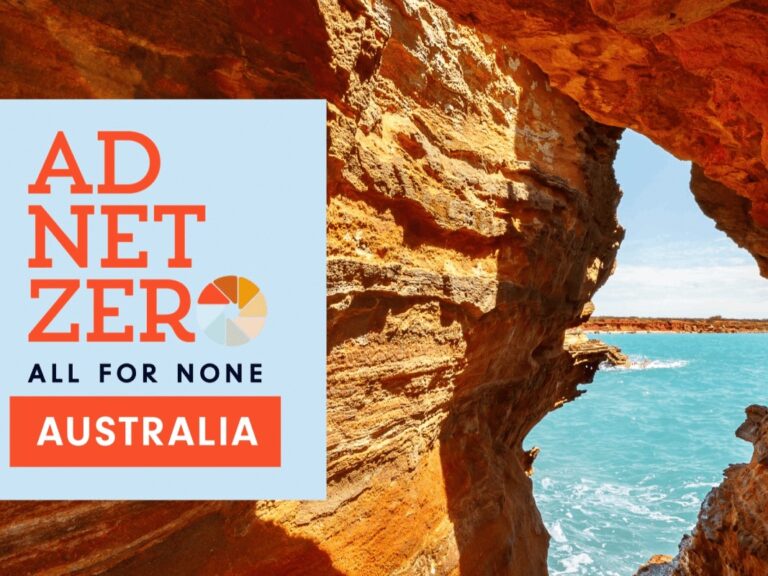First published in mediaweek.
By Cathy O’Connor, Chief Executive, oOh!media
Corporate reporting may not be the most exciting aspect of the media industry’s day-to-day, but two new reporting requirements that kick off this year will play a major role in shaping brand reputation and defining positive stakeholder sentiment. Our sector talks a lot about the very important need for transparency, but for some of Australia’s largest media players, 2024 will be a defining year where the rubber finally meets the road, and there will be no way to hide.
The first comes at the end of this month when the Workplace Gender Equality Agency (WGEA) releases the inaugural private sector employer gender pay gaps. To date, employers have only known how their businesses compare to their own sector’s average and those of other industries. From 27 February, employers with 100 employees or more will have to disclose workforce composition, annual base salary, total remuneration, and other related data each year – for all to see.
Comparisons of Australia’s approximately 5,000 largest employers, several of which will be some of the media’s biggest players, including our own, will be hard to ignore or spin away.
Then, from 1 July, mandatory climate reporting requirements as set down by the International Sustainability Standards Board (ISSB), to which Australia has signed up, will come into effect.
The first tranche of ASX-listed businesses with more than 500 employees and consolidated gross assets valued at more than $1 billion will be required to disclose not just their own impact on the environment and their contribution to long-term climate change but the risk climate change could pose to their assets and operations.
Using standardised and consistent language, the intent is to make it easier for investors and shareholders everywhere to analyse and compare the data when making their investment decisions.
Unsurprisingly, investors and shareholders are taking a very serious and active interest in the operational implications facing companies they are investing in, not just in terms of risk and exposure to climatic events and climate change but also in how companies will pivot to take advantage of opportunities as a result of such challenges.
There can be no denying that implementing these standards may initially pose significant challenges for some. Those who have not invested in understanding their ESG responsibilities or building their capabilities to address them will struggle, but the simple fact is that failure to address sustainability risks may lead to financial repercussions, including reduced access to capital.
There are other clear benefits. Effective sustainability reporting will support brand reputation and position those businesses that are taking it seriously as leaders in sustainability in an environment increasingly dominated by claims and accusations of greenwashing. This drives market and sector differentiation and confidence, creating a competitive advantage at a time where advertisers and agencies are scrutinising the environmental credentials of their media partners with a depth and understanding never seen before.
In addition, embedding sustainability into the business strategy, process, and decision-making that are backed from the board down builds long-term value creation and improves resilience.
As the largest Out of Home operator and one of the first Australian businesses to comply with these new sustainability reporting standards, our dedicated ESG team of three has been diligently organising our data, procedures and processes so we know where our gaps are and can address them. There have been challenges, and in Out of Home there are added levels of complexity when working with so many diverse commercial partners and the 35,000 assets we manage. But while legislation is important, nothing changes behaviours faster. It’s been heartening to see the commitment by our employees and partners to find new ways of doing business.
WGEA and ESG reporting can’t be approached as compliance exercises; both are metrics that require dedicated oversight and consistent reviewing across the year. Transparency is important for all industries, none more so than in media. While we have all talked a good game for many years, now is a time when – in two key areas at least – talking is over, and data, results and real action can be more widely assessed, compared and judged.
And this is a level of transparency for our industry that I welcome.







